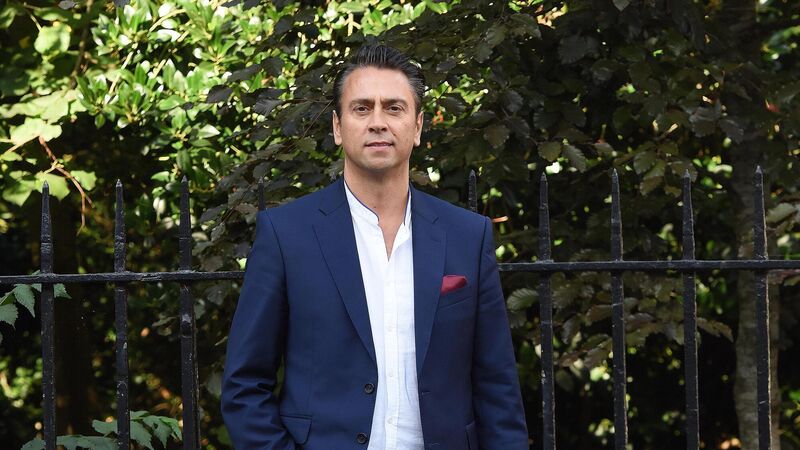Richard Hogan: Before you make a new year resolution, ask yourself, are you afraid to thrive?

Richard Hogan: We can keep thinking the same way or we can disrupt them and start to think differently. Picture: Moya Nolan
Try from €1.50 / week
SUBSCRIBE
Richard Hogan: We can keep thinking the same way or we can disrupt them and start to think differently. Picture: Moya Nolan
Well, we all survived another Christmas. As we look back on the year, reflecting on what we accomplished or where we fell short and as we start to think about looking forward into the new year, it is important to consider how we author our lives.
We rarely think that we are the authors of our life story, but there is nothing as important as that concept.
Already a subscriber? Sign in
You have reached your article limit.
Annual €130 €80
Best value
Monthly €12€6 / month
Introductory offers for new customers. Annual billed once for first year. Renews at €130. Monthly initial discount (first 3 months) billed monthly, then €12 a month. Ts&Cs apply.
CONNECT WITH US TODAY
Be the first to know the latest news and updates
Newsletter
The best food, health, entertainment and lifestyle content from the Irish Examiner, direct to your inbox.
Newsletter
The best food, health, entertainment and lifestyle content from the Irish Examiner, direct to your inbox.

Our team of experts are on hand to offer advice and answer your questions here
© Examiner Echo Group Limited